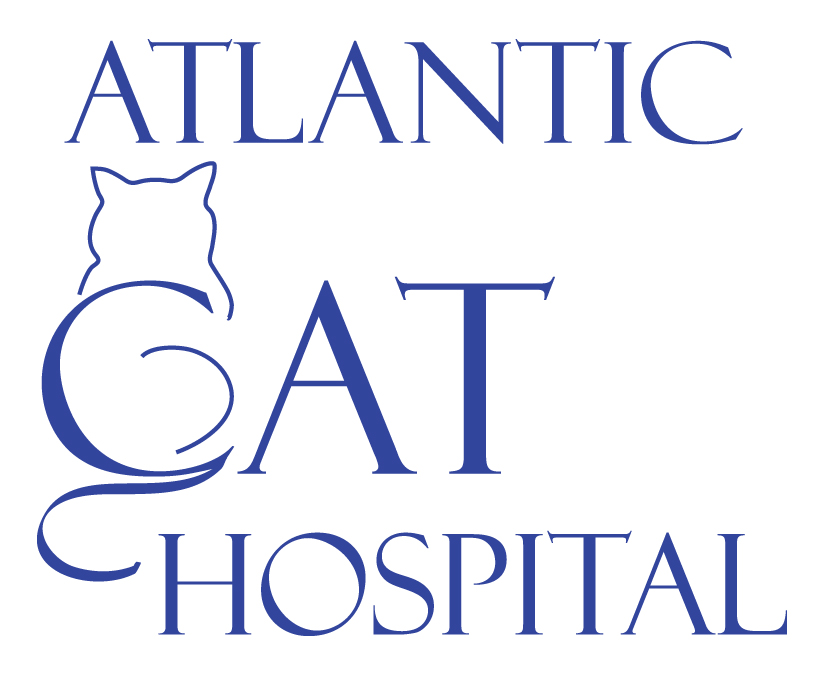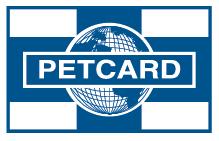Library
-
Summertime is filled with lots of fun, but also follies. Besides the common threats of heat stroke and dehydration, pet owners need to be aware of the potential dangers associated with summer activities. Cookout fires can be dangerous and party menus often contain foods that can be harmful to pets. Outdoor celebrations that involve glow sticks or balloons can be threats as well. A quick review of possible follies will ensure a fun, safe summer with pets.
-
Summer is a great time to get outdoors and enjoy nature and the warm sunshine, especially with your pet. Pets are inquisitive and love to investigate their surroundings. Unfortunately, this trait can lead pets down the path of injury and illness. The following information will help you to avoid many summer dangers that can affect your pet.
-
Pets with temperatures above 104°F (40.0°C) or below 99°F (37.2°C) need immediate veterinary care. Temperature can be taken rectally or aurally. If taking your pet's temperature is too difficult, take your pet to your veterinarian. If your pet's temperature remains high or low, take them to your veterinarian.
-
Telehealth is a broad term that refers to the use of telecommunications to provide health-related services. Telehealth services can be delivered by a variety of methods including telephone, text messaging, internet chat, and videoconferencing. Telehealth, including teletriage and telemedicine, can supplement in-person care and can provide a safe and practical method of receiving some veterinary care during times of physical or social distancing.
-
Telemedicine is the act of practicing medicine at a distance. Telemedicine can be offered in several different ways: telephone calls, text messaging, online chat, email consultations, and visits conducted through videoconferencing programs. While it is impossible to perform a complete, comprehensive exam during a telemedicine appointment, in many cases your veterinarian can gather enough information to arrive at a reasonable diagnosis and start treatment.
-
This handout summarizes the differences between brand name and generic medications. Included is an explanation as to why both forms of medications exist, as well as things to watch out for when opting to use or request a generic medication. Cost savings for generic medications are also discussed.
-
Secondhand smoke is not just detrimental to people but also our pets. Pets may be even more sensitive, due to their enhanced smell and different anatomy and physiology. Cancer risks are significantly higher in pets exposed to secondhand smoke.
-
Complete and accurate medical records are like a medical diary for your pet. The ability to review your pet’s medical history before the first appointment will allow your new veterinarian to provide exceptional care that is tailored and timely. You can request that your previous veterinary clinic send your pet's records to your new veterinarian.
-
A lustrous coat is a signal of vitality and health. The food your pet eats can significantly impact the condition of their skin and coat. A balanced diet plays an essential part in supporting your pet's skin and coat, and should include essential fatty acids, protein, vitamins and minerals. If you are concerned about the condition of your dog or cat's skin or coat, consult your veterinarian in case there is an underlying nutritional or medical condition.
-
Electronic pet doors with microchip sensors can make life easier for pet owners and their pets by giving the pet freedom to enter and exit the home without disturbing the owner. However, there are things to consider before installing one. The location, size, and type of door should be carefully considered in relation to the pet and the outside environment. Following a few guidelines will make it simpler to choose and install the best door.






